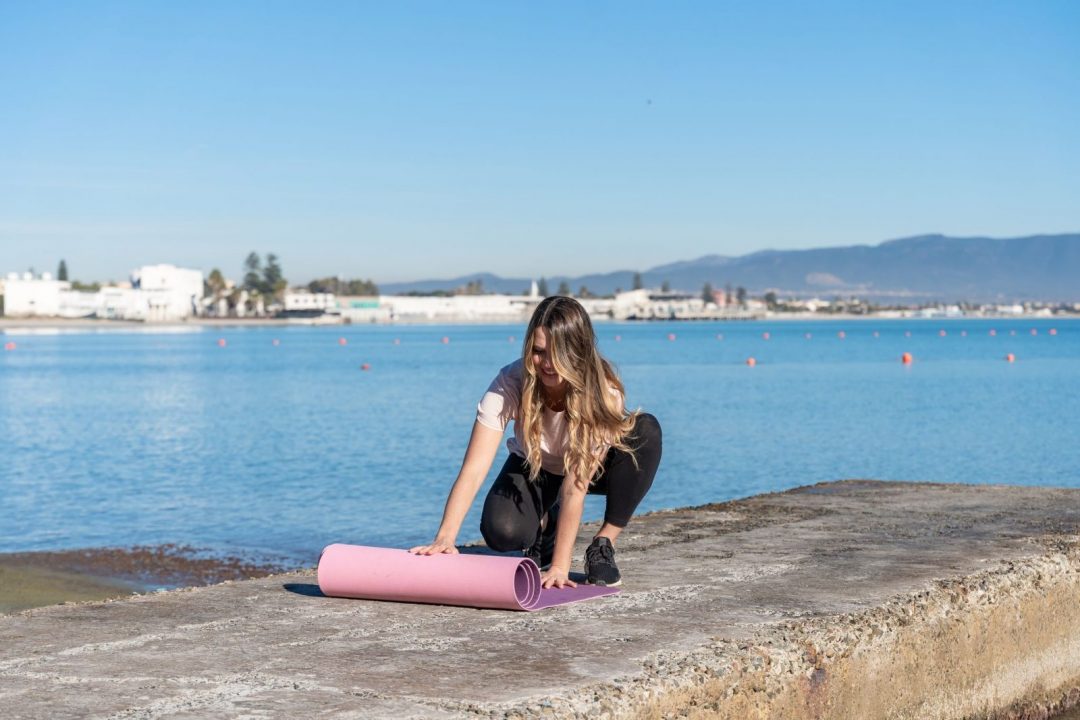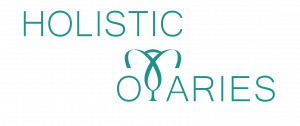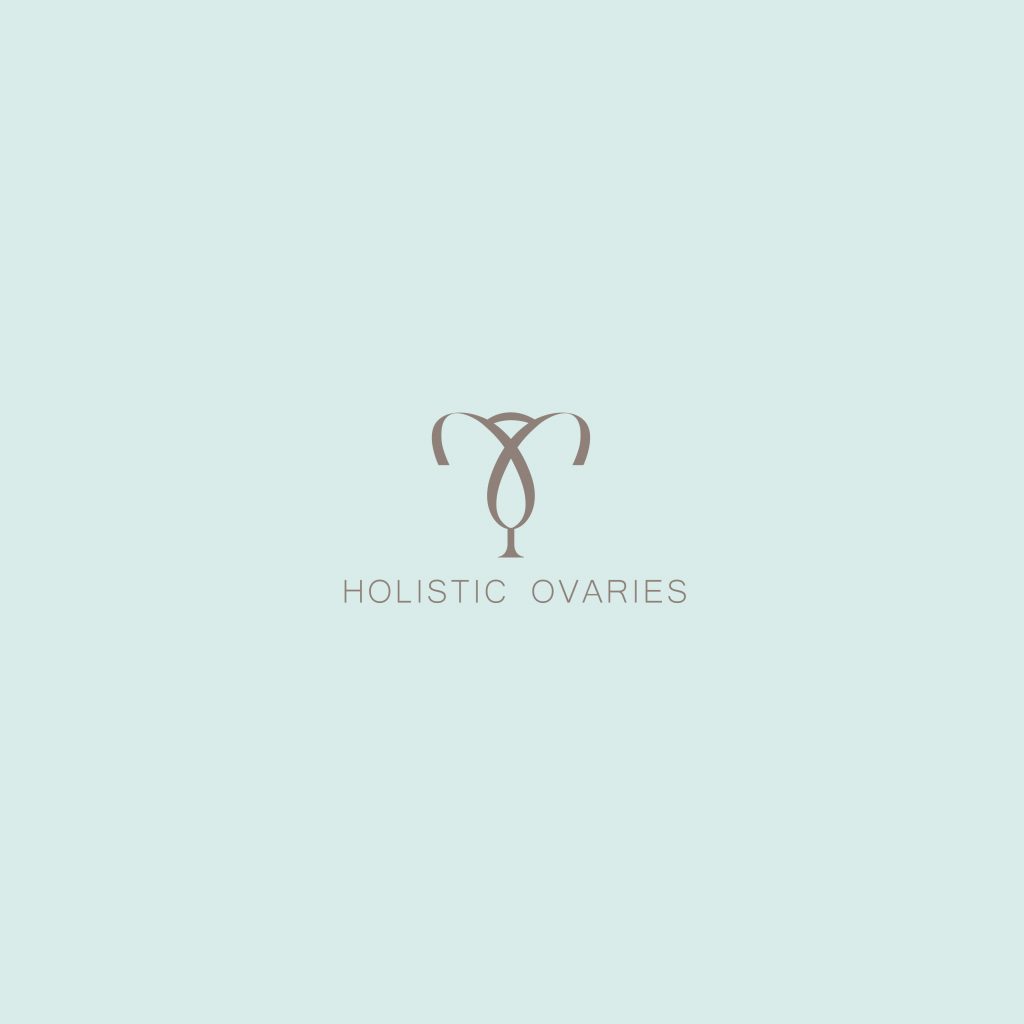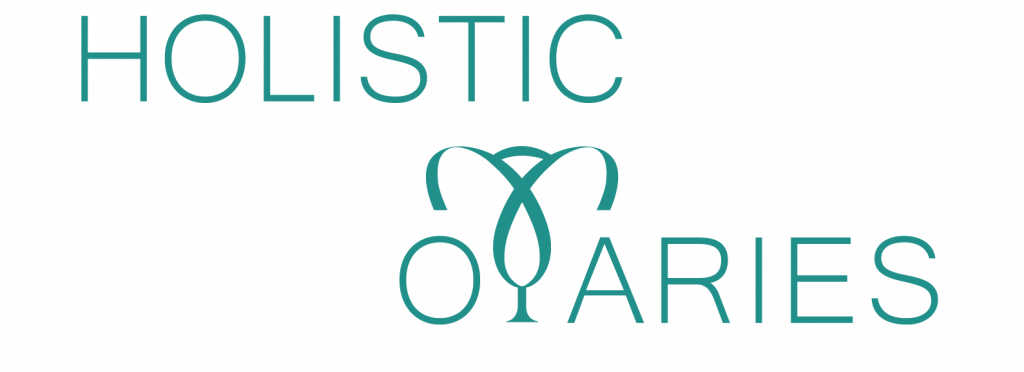PCOS
WHAT'S
PCOS
Polycystic Ovary Syndrome (PCOS) is the most common and complex endocrine disorder in women of reproductive-age. Worldwide prevalence of Polycystic Ovary Syndrome depends on diagnostic criteria and ranges from 6% – 26%.
PCOS is a syndrome of ovarian dysfunction, but the spectrum of PCOS is so complex and heterogeneous that an uniform definition of PCOS does not exist.
What we can all agree is that PCOS is an endocrinopathy disorder. It means that the syndrome causes hormonal imbalances in your body.
Polycystic ovary syndrome has reproductive, hormonal and metabolic implications. But did you know that PCOS has also psychological consequences?
It has been reported that around 22 % of PCOS women have at least one psychiatric disorder. Isn’t that concerning?



Research suggest that mental health care should be an integral part of the treatment for woman with Polycystic ovary syndrome. Unfortunately, there is still very little awareness that psychological treatments can help PCOS woman with their mental and physical health. Yes also physical health!
As we know weight loss, healthy diet, and exercise are the main recommendations for PCOS.
How many times did you hear: EAT LESS AND EXERCISE MORE?
Actually this statement has some research behind it as 30 – 60 % of PCOS woman are to some extend obese and it has been shown that modest weight loss (5% to 10%) improves symptomology of PCOS.
But without psychological support and appropriate information on sustainable weight management and lifestyle changes you are at risk of entering a dangerous loop of dieting culture or even at the worst possible outcome developing an eating disorder.
And although lifestyle counselling is recommended by international guidelines for PCOS, medication therapy (aka: contraceptive pill or medications for diabetes) is still preferred first-line treatment.
IMPLICATIONS OF HAVING PCOS
1
Reproductive:
• Menstrual cycle irregularities:
- amenorrhea (absence of menstrual periods for more than six months)
- oligomenorrhea (irregular periods occurring at intervals longer than 35 days apart)
- anovulation (lack of ovulation that resulting in infertility)
- Polycystic ovaries
• Androgen excess that can lead to:
- hirsutism (excessive growth of hair on face, neck, chest, tummy, lower back, buttocks or thighs)
- acne
- androgenic alopecia (hair loss/baldness)
2
Metabolic:
• Obesity
• Insulin resistance
• Hyperinsulinism, that lead to higher risk of:
- type 2 diabetes mellitus
- coronary heart disease
- cardiovascular diseases
3
Psychological:
• Lower quality of life
• Heightened perceived stress
• Body dissatisfaction
• Low self-esteem
• Eating disorders
• Anxiety
• Depression
Does any of it applies to you?
PCOS symptoms are often stigmatised, especially body hair, infertility, and obesity. Depression, eating disorders and negative body image are very often ignored in PCOS. Don’t be afraid to speak about your struggles. Let’s create together to save space for emotional and social support for every woman with PCOS. A Strong network of women who are experiencing similar conditions, problems and worries will boost your ability to cope better with the distressing effects of PCOS.

Are you ready to manage your PCOS and transform your life?
This program is designed to help you to understand your emotional and psychological needs and how they are connected to your food cravings, weight gain, lack of sleep, stress and low mood. By the end of this course you will be able to answer the burning question: what the hell is going on with me?
You will learn how hormones influence the way you feel, how your menstrual cycle works, how to change your mindset so you can transform your life from deep inside.
You will get practical tools to manage your stress, anxiety and low mood. You will be able to cope effectively with your emotions and feelings.
You will address the low self-esteem and negative body image issues by practicing self-acceptance and self-love.
You will be able to use this knowledge in your everyday life to feel confident, motivated and beautiful.
Together, we will discover what you really want, how you want to feel and who you want to be.
With my support and your engagement we will make sure you make changes in your mindset and transform the way you feel.

Agnese Effe
agnese@holisticovaries.com

